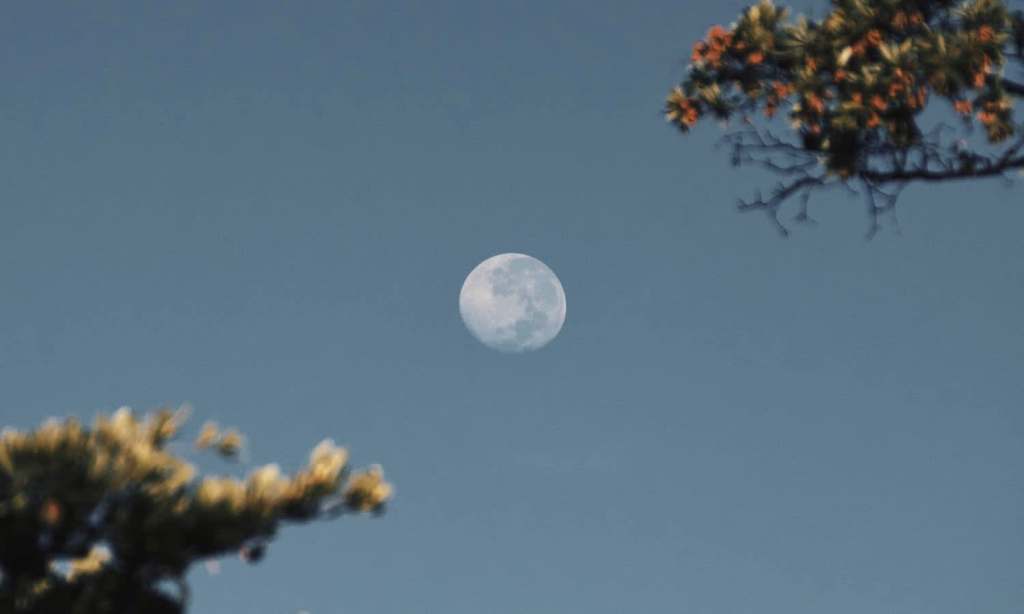Whether you’re a modern mystic or a science-based sceptic, when it comes to the moon, there’s no denying that it affects all of us on planet earth in three distinct ways: time, tides and light. Setting intentions with the moon, or charging your crystals in the full moon — well, your belief in those will coincide with which end of the mystic-science spectrum you fall on.
But now, science has confirmed what, prior to this, was only anecdotal: The moon messes with your sleep. More specifically, the full moon does. So how was this discovered? Well, that’s the fun part. The discovery went against the researcher’s hypothesis.
But first, let’s back up and tell you about the study. A research team from the University of Washington originally started their study by looking at three Toba-Qom Indigenous communities, located in northern Argentina. Each community had a different level of access to electrical and modern amenities – urban, limited, and completely off the grid.
The team originally thought that the limited and completely off the grid communities would be the ones who found the full moon affected their sleep. Talking to mindbodygreen, lead author of the study Leandro Casiraghi said this was “because they would be the ones taking advantage of the light of the moon”.
They weren’t entirely wrong. Those who lacked electricity went to bed later in the evening and slept for a shorter period of time in the lead up to a full moon. But, so did the urban dwellers which kind of ruined their original hypothesis.
So, they took their study to university students – you know, the people who spend hours every day staring into the blue light of their laptop. Once again, they found that the students went to bed later, and spent less time asleep in the nights leading up to it. Clearly, a pattern.
What does this mean? Well, that sleep delays from the full moon were way more widespread than initially anticipated (modern mystics, rejoice in that feeling of being right). But also, that it’s not the light of the moon that’s causing this…but something else.
As for what? Well, they can’t quite be sure yet. One theory is that it’s the moon’s gravitational pull (but they don’t have the best track records with theories). Another? Well, maybe they should turn to the modern mystic.
Ask Jerico: The First Full Moon of 2021 Is Coming, Here’s How to Harness Its Power







